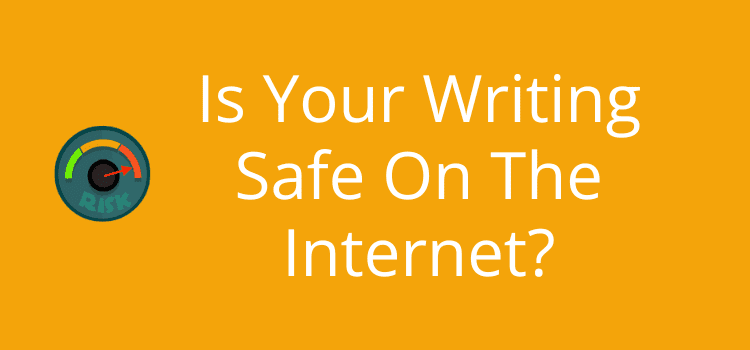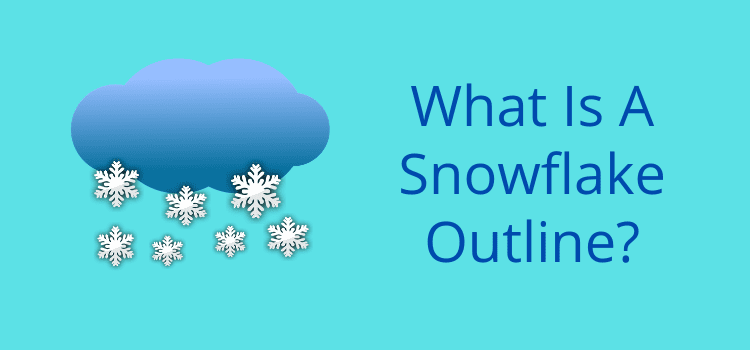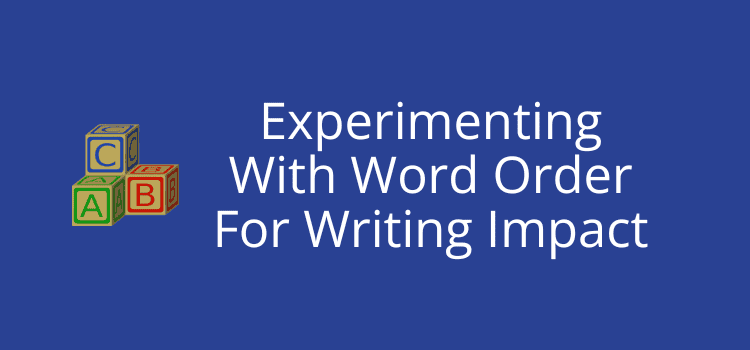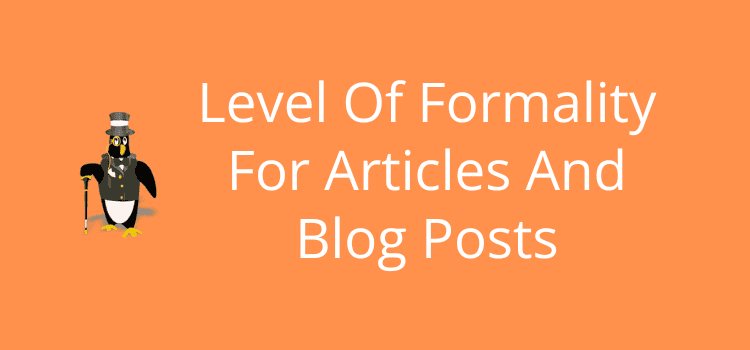
Can you protect your online writing from being copied or scraped? The answer is an emphatic no. Not a single word of your writing is safe on the Internet.
In years past, it was ebook pirates that were of most concern. But times have changed, and AI (Artificial Intelligence) has opened Pandora’s box.
AI is vacuuming up text from any source available at a phenomenal rate. Every single word you write or book you publish is fodder for programmers and hackers.
Is it all that bad? Yes, it is.
Not a word you write is safe on the Internet
If you publish your writing on your blog or website, you know your content can be copied and republished. It happens all the time.
So much so that I can find hundreds of copycat sites stealing my content, and if I looked further, I would probably find even more.
The same applies to social media. Every word you publish can be copied and used elsewhere without you even knowing.
Are you publishing ebooks on Amazon, Google Play Books, B&N, or Apple?
Well, most people are honest and not tech-savvy, so they buy your books. But many scammers out there know how easy it is to pirate ebooks.
But what about when you are writing? Is your writing safe in a program you use if you can only use it when connected to the Internet?
Hardly it seems. An article in Wired exposed the owner of a book-writing program using book-pirating websites to feed and train his AI program.
On another tack, Jane Friedman caught AI scammers publishing on Amazon using her author name.
Every day, there are new pirating or AI scams attacking writers and authors.
Will it stop? No, it can only get worse.
Will laws protect you?
When you consider the speed difference between technology and government action, it is far worse than the hare and tortoise.
Technology changes by the day, but laws to protect Internet users (and writers) take years to pass.
Even then, when governments finally take action, it is usually too little, too late, or useless.
The European Union’s GDPR (General Data Protection Regulation) is a good example.
What does it do other than irritate every user around the world by having to click “Accept Cookies” on websites continually?
Yes, there’s some background legal stuff to GDPR to help protect Internet users from data collection by big tech companies.
But on the front end, annoying GDPR cookie notice banners are now the biggest time waster ever for website owners and users.
As for copyright laws, well, forget it. Yes, you own the copyright for your writing. But enforcing it is complicated and extremely costly, and the laws differ from country to country.
The Internet still operates on a Wild West mentality, with little chance of fairness or legal protection for creators.
Is it all bad news?
The marvelous opportunities that the Internet and especially self-publishing, have given authors and writers are not in doubt.
Before this technology, it was a very hard slog to become published. But now, it’s easy.
However, the trade-off is that because everything is online, nothing is 100% secure.
Your writing is not totally safe on the Internet because it can be accessed, copied, or reused very easily.
Who can access your writing?
Sometimes access to your writing is a good thing.
For example, search engines access our writing and books to index them for people to find.
All major search engines use bots to gather this information and clearly label every bot visit to your site.
You can see this in your server logs.

If, for some reason, you don’t want search engine bots to collect data from your site, you can give a directive to restrict access.
It’s a fair deal and open in how it works. You grant access, and in return, search engines promote your writing.
But now, with the advent of AI scrapers, there is no bot identification or possibility to use a directive to dissuade them.
Tools such as ChatGPT can and do vacuum up your writing without you knowing, and that’s the big problem with AI for writers.
Every word you write online is now open to being copied and used by AI models and programs.
Importantly, this includes Google Gemini, Perplexity, and Bing Copilot because none of them advise you of what, when, or how they access or use your data and writing.
My blog is not high-ranking, but it gets targeted all the time by other bad actors.
Every day, my security measures thwart around 5,000 attempts to either access, hack, or copy content from my site. Some days it can reach as high as 15-20,000 attacks.
It’s incredibly time-consuming and costly, and not 100% effective.
I want to write, but finding the time now is becoming increasingly scarce. All I seem to do is fight off bot attacks and hope for survival.
These new challenges push my costs up and returns down.
So is it a gloomy outlook for writers? Yes.
People will still read your writing, but there are now so many who want to steal it and use it for their benefit.
How to protect your writing
Use a pen and paper or a typewriter and hide your writing or manuscripts in a safe place.
But this is a totally impractical approach. Every element of writing and publishing today is with a computer and online.
All you can do is take a few practical precautions to try to protect your writing as much as possible.
Here are a few suggestions.
1. Avoid using online, cloud-based writing programs
You can find many free and paid cloud apps for writing books online.
But as I noted earlier in this article, they now come with the risk that they could be using your writing to feed AI models.
The best way to write (reasonably securely) on a computer or any device is to use stand-alone programs that don’t need online access to work.
Microsoft Word and Apple Pages are two examples, but many other word processors work offline.
2. Avoid sharing too much
Sharing a lot of your writing on social media is not a great idea.
It is open to being copied and reused by almost anyone. It applies to any form of posting and even in closed groups.
You can find lots of sites now that accept to publish your writing in almost any form for free. It can be articles, poetry, short stories, or academic papers.
But once your writing is published, you lose control over it, and these sites can use it in any way they choose.
You have more control if you publish on your blog. But remember that even if you decide to delete a post, it will remain archived forever.
If you are writing a book, avoid the temptation to share too much of it before you publish.
3. Email is not secure
Sending your files by email is the least secure method, especially for manuscripts.
It’s so easy to address an email to the wrong person or even to multiple recipients.
It is particularly dangerous when you might be approached (out of the blue) by a publisher to evaluate your book.
If you don’t know a person or company, never send your files by email.
When you must share your writing, use a safer and more secure means.
4. Think before you do it
Whatever form you use to promote or share your writing, think first.
Take a moment to consider the possible benefits or ramifications to keep your writing as safe as possible on the Internet.
Conclusion
Without writers, the Internet wouldn’t exist.
However, AI is changing that long-held equation, as it can produce content at scale. But only by stealing from writers.
The Hollywood strike by writers and actors is in part due to concern over the unregulated use of AI.
The other worry is how search engines are changing by using AI (and the work of writers again) to provide instant answers and limit clicks to publishers.
An article by Shelley Palmer asks, Will conversational AI kill web traffic?
These issues mark a turning point with no way back.
It might not be doomsday. But for writers and creators, the future is feeling like it could be less and less profitable, safe, or secure.
One thing is for sure; there will be winners and losers from AI.
I’m usually an optimist, but at present, I’m struggling to see how writers and creators will get into the winner’s column.
Related Reading: The Safe Way To Write A Book With A Word Processor
Share This Article


